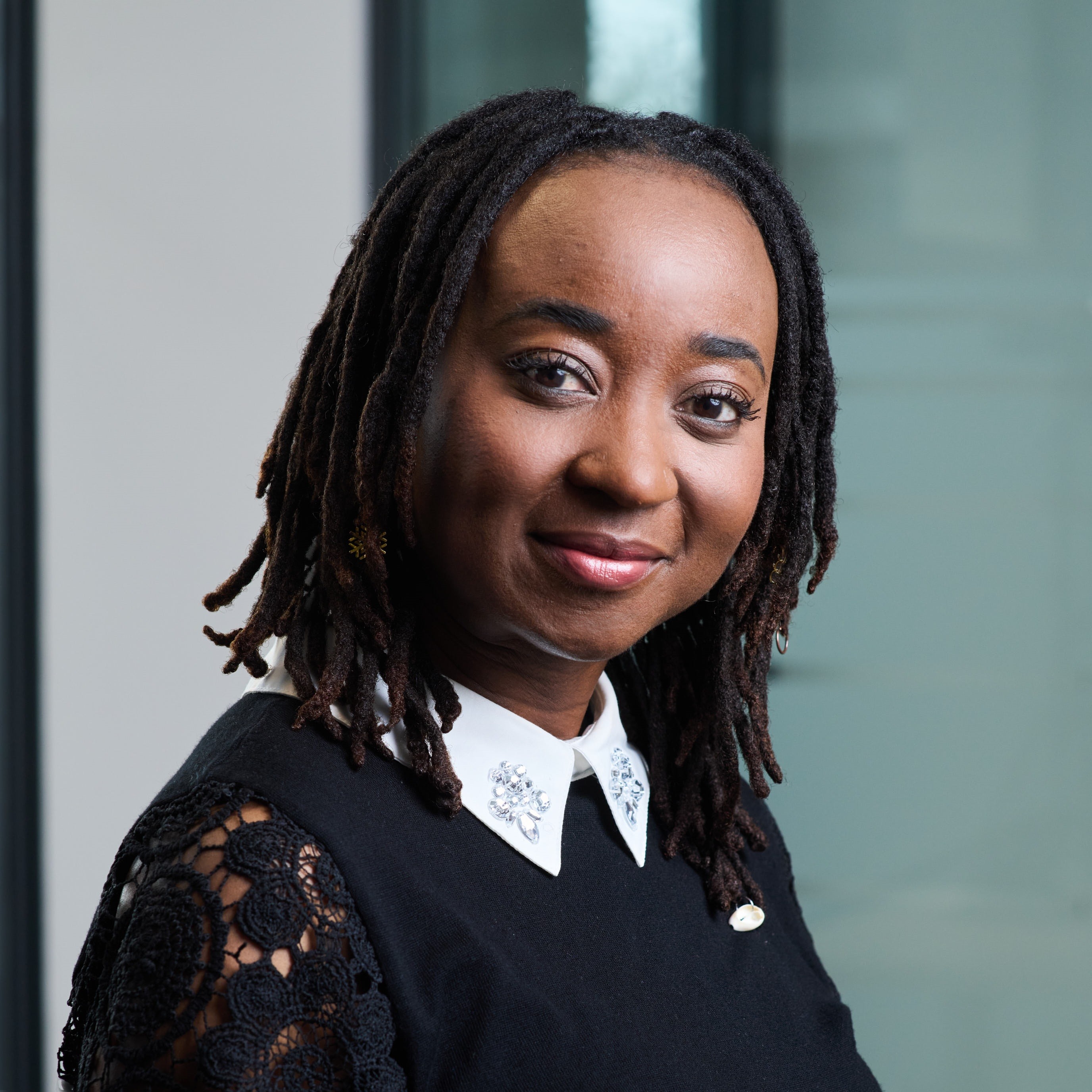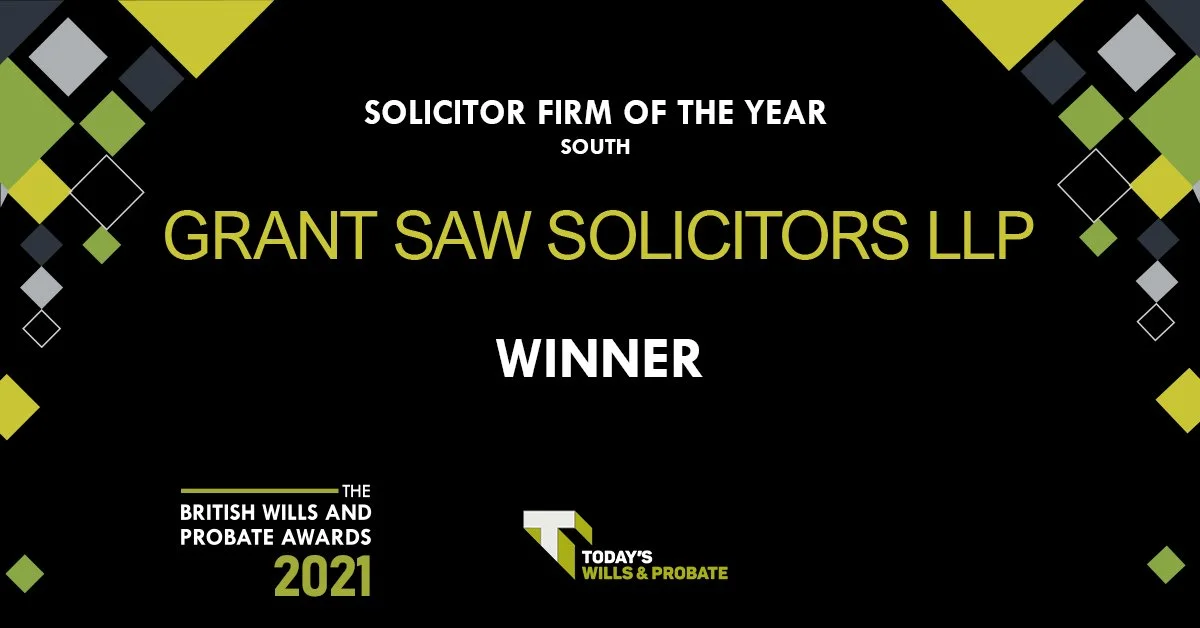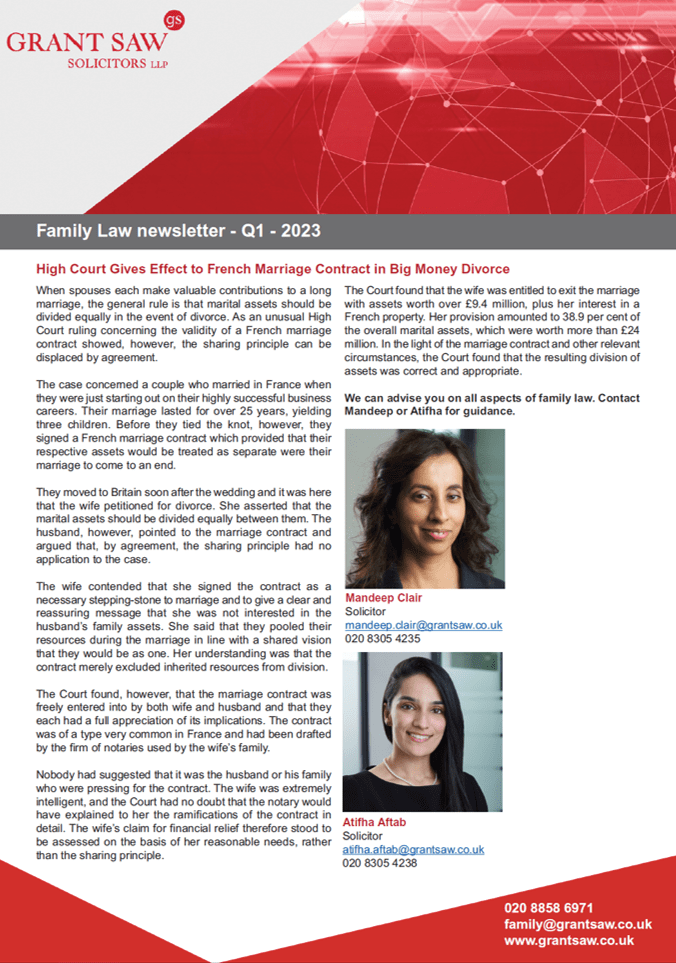Protecting your wealth and securing your family’s future requires careful planning, specialist advice, and an understanding of trust law and tax planning strategies. At Grant Saw Solicitors, our private client lawyers and trusts specialists provide practical, tailored advice to help high net worth individuals and their families structure their financial affairs clearly and tax efficiently. Whether you are setting up lifetime trusts, acting as trustees, or navigating complex assets and cross border issues, our specialist team works alongside you and your professional advisers to deliver solutions with lasting peace of mind.
Comprehensive trusts and estate planning services in London
Our private client lawyers assist wealthy individuals, families, trustees, and beneficiaries with all aspects of trust and estate matters. We advise clients on succession planning, wealth planning, wealth preservation, asset protection, and the most tax-efficient way to protect family wealth for the next generation. Our estate planning services are designed to meet the unique needs of high-net-worth clients with business interests, international assets, and complex family circumstances.
Creation of lifetime trusts for tax-efficient wealth transfer
We can help you establish effective trust structures, including lifetime trusts and discretionary trust arrangements, particularly for clients who wish to transfer wealth and protect assets held for future generations. Lifetime trusts are especially valuable for individuals who have a large estate or complex asset structures, have minor children or vulnerable beneficiaries, hold significant life insurance or pension benefits and own company shares.
Our private client team can also advise on alternative asset protection structures such as Family Investment Companies and Declarations of Trust. We consider inheritance tax planning, income tax implications, and capital gains tax consequences to ensure you achieve the most advantageous way to structure your affairs.
Specialist advice for trustees in London
Being a trustee has complex legal obligations under trust law and significant responsibilities to manage trust assets properly. Our specialist team supports trustees with navigating trust legislation and Finance Acts, liaising with beneficiaries on distributions and tax matters, meeting regulatory requirements including reporting on the Trust Registration Service, producing trust and estate accounts, completing tax returns, providing expert advice on Inheritance Tax and Capital Gains Tax implications, maintaining day-to-day record-keeping, and coordinating with investment managers, property agents, or tax advisors.
We understand that the work involved in being a trustee can be time-consuming and technically demanding. We provide specialist advice and practical support that trustees need to fulfil their duties confidently while protecting themselves from potential liability.
Advising beneficiaries on trust entitlements
If you are a trust beneficiary, our private client team can advise on your entitlement under the trust deed and what to expect from the trustees. We help beneficiaries understand their rights, including the right to information, distributions, and participation in trustee decisions. Whether you’re a beneficiary of a discretionary trust, a charitable trust, or another type of trust, we provide clear guidance on your position.
Cross-border issues and international estate planning
Trust and estate planning for clients with international assets or connections to more than one country requires specialist knowledge of cross-border issues. Trust structures are not always recognised in foreign jurisdictions, which can create complications for international estate planning. If you own assets, residential property, or business interests in multiple countries, our private client lawyers can collaborate with overseas legal experts to ensure you comply with local laws and UK tax obligations.
We advise on the tax implications of holding international assets, including income tax and capital gains tax in different jurisdictions, and help structure affairs tax-efficiently. We also provide non-resident trustees with UK-specific advice on private client matters.
Reviewing existing trusts
Whether a trust was created through your Will, during your lifetime as part of lifetime giving strategies, or established following a death, trust structures can last for decades. We review existing arrangements to ensure they continue to serve your objectives and remain compliant with current trust law and tax legislation.
Succession planning and business succession
For clients with a family business or significant business interests, business succession planning is a critical component of estate planning. Our private client team works closely with business owners to structure affairs for seamless transfer of business interests to the next generation while minimising inheritance tax, capital gains tax, and income tax implications. We advise on Business Property Relief, share structures, and the use of trust structures to facilitate tax-efficient business succession.
Estate planning for high net worth clients
Our estate planning solicitors provide comprehensive succession planning services for high-net-worth individuals and their families. We consider all aspects of your financial affairs, including residential property, investment portfolios, business interests, pensions, and lifetime gifting strategies. Our approach examines your current position and family circumstances, identifies inheritance tax planning opportunities including use of the residence nil rate band, recommends trust structures and other tax-efficient arrangements, coordinates with your professional advisers, including accountants and investment managers, prepares necessary documentation including wills, trusts and lasting powers of attorney, and provides ongoing support as your circumstances evolve.
Why choose Grant Saw for trusts and estate planning in London?
Tailored, practical advice: every family is different. We provide solutions that are legally compliant, cost-effective, and appropriate for your family members and circumstances.
Straightforward, honest guidance: we clear up common misconceptions about trusts and provide expert advice you can truly rely on.
Cross-departmental support: we work closely with our Property, Family Law, Commercial, and Litigation Departments for seamless advice on all issues affecting your wealth.
Specialist knowledge: our specialist team includes members of the Society of Trust and Estate Practitioners (STEP) and The Association of Lifetime Lawyers, ensuring you receive highly regarded advice on private client matters.
Frequently asked questions about trusts and estate planning
What is a trust, and why might I need one?
A trust is a legal arrangement where trust assets are held by trustees for the benefit of others. You might need one for tax planning, asset protection, or caring for vulnerable beneficiaries.
Can I reduce inheritance tax with a trust?
Using trust structures can be an effective tax planning tool. We can advise on your tax position and all your options for mitigating inheritance tax, including, where appropriate, lifetime trusts and other arrangements.
What if I already have a trust?
We review existing trust arrangements to ensure they remain appropriate, tax-efficient, and aligned with current laws and your family circumstances.
Contact our private client team in London
For more information about our trusts and estate planning services in London, or to arrange an appointment please contact our specialist team. Please email privateclient@grantsaw.co.uk or contact the team on 020 8858 6971.
- https://grantsaw.com/People/kalpa-prajapati
- https://grantsaw.com/People/tatiana-zenina
- https://grantsaw.com/People/jeremy-brooks
- https://grantsaw.com/People/charlotte-warren
- https://grantsaw.com/People/angela-shaw
Meet the Private Client team
















































